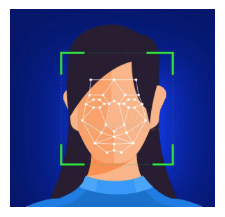Use of facial recognition in schools. DPIA's are essential.
Facial Recognition – DPIA’s are essential
North Ayrshire council was criticised for attempting to introduce facial recognition technology so that pupils can pay for school meals in an attempt to speed up service and to reduce the risk of spreading Covid-19 via pin pads or fingerprint recognition.
- Firstly, whilst the Council claims it was an appropriate system to use, each school should conduct their own Data Protection Impact Assessment to prove that they are satisfied with the features of the product.
- Also it is important to understand that the UK GDPR is in place to protect the individual not an organisation, and the individual’s protection should be paramount. Not knowing things such as exactly where personal data is stored or with whom it is being shared are unacceptable.
What to do if Your School Suffer a Data Breach
Data Breach: What to do if your school suffers a data breach: Our growing reliance on technology has been compounded and increased by the coronavirus pandemic . From working remotely, to communicating with family, to test and trace apps, to online shopping, our...
What Schools Must do to Tackle Ransomware Crisis
What schools must do to tackle ransomware crisis! Cyber criminals are increasingly using ransomware to attack the education sector. The trend is most noticeable in the US, with criminals locking up school’s systems and demanding a payment to release the data, but...
Support for UK Education Sector After Growth in Cyber Attacks
The NCSC has updated an alert following the increase in ransomware attacks against the education sector National Cyber Security Centre (NCSC) provides additional support for education establishments following rise in ransomware attacks since late February Spike in...




